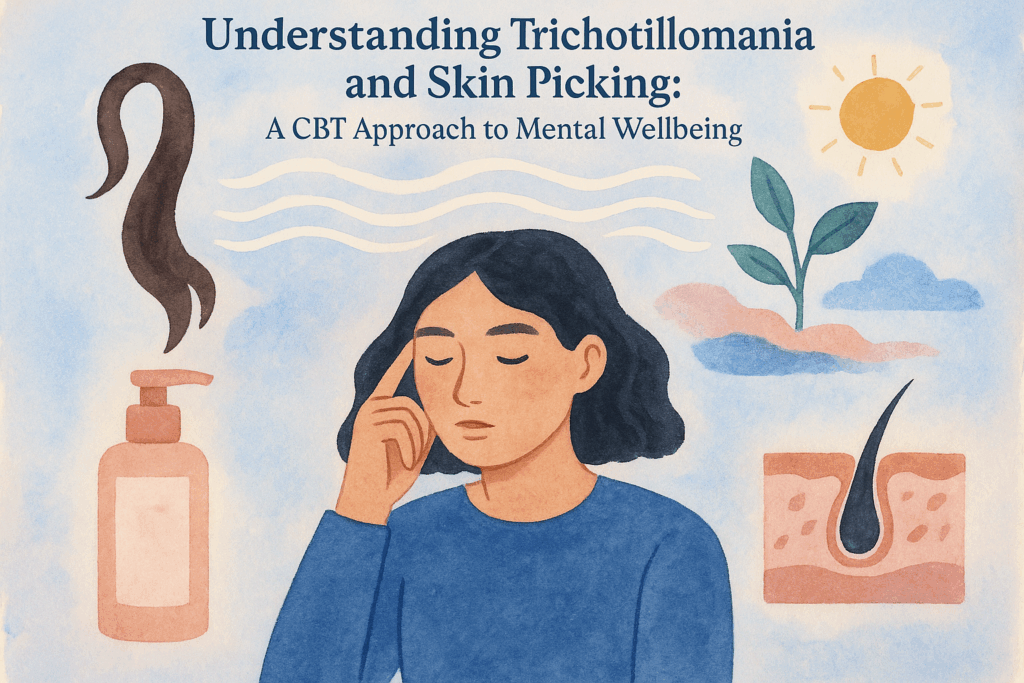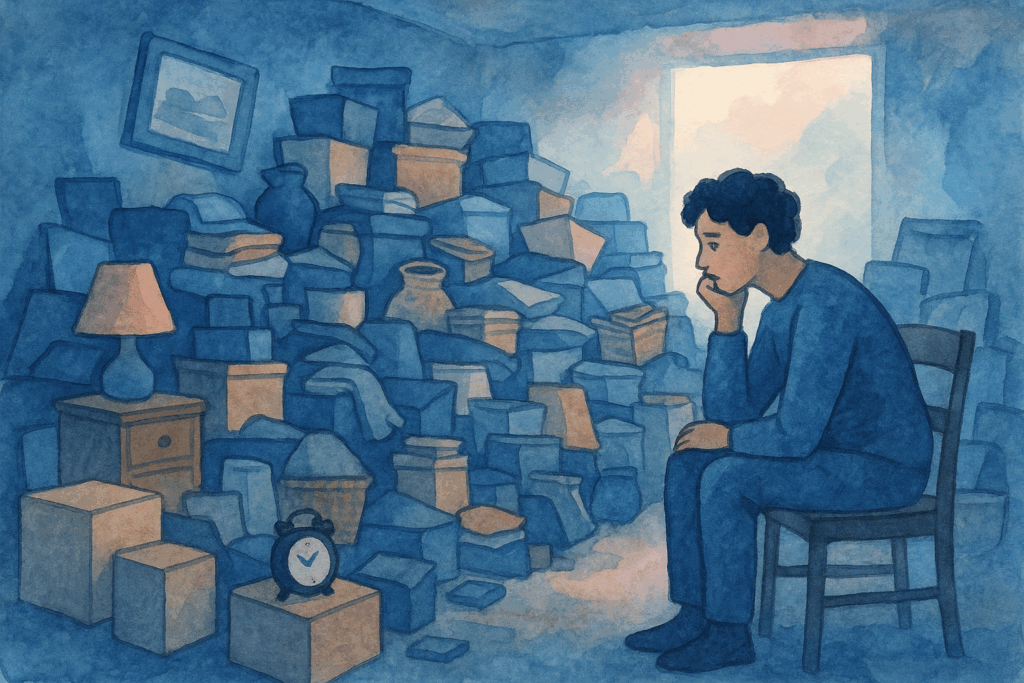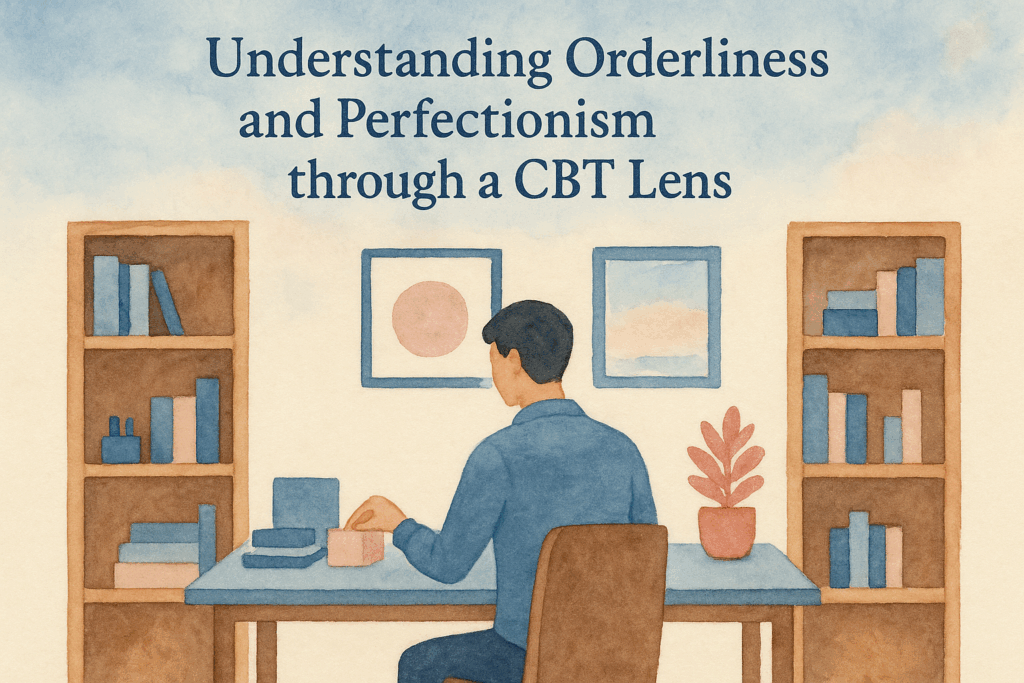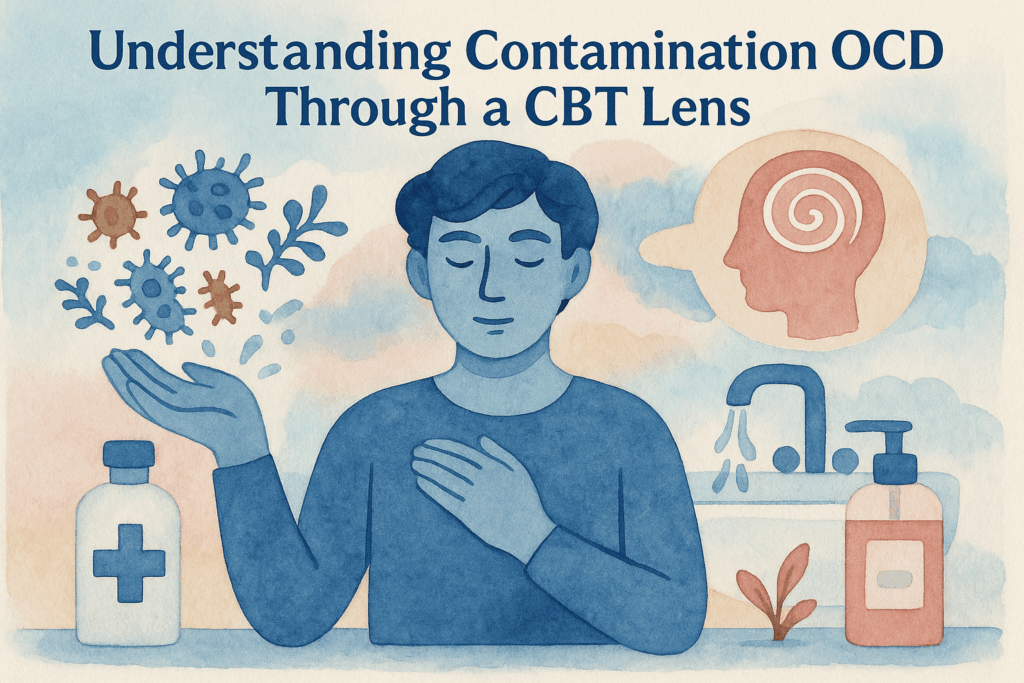In the past, people coping with OCD who were looking for solutions had limited options. You could go see a psychiatrist, whose tools are psychotherapy and medicine. Later on, CBT (Cognitive Behavioral Therapy) introduced new protocols that proved to be effective for OCD.
Nowadays, the gold standard for OCD remains CBT therapy, however there are new tools that use this methodology remotely or digitally. More often than before, people who want to solve a problem often search for an app that solves this problem. For example, if you want to improve your physical fitness, you may use an app for that.
Apps have great potential as e-learning and training tools, because they are accessible, immediate and relatively easy to form habits with.
So, when looking for an app to help deal with OCD, what should you look for?
The 4 OCD app “must haves”
1. Evidence based
There are many products that promise the world, but not many of them are researched using academic methods and peer reviews. You want your app to have at least some sort of research backing and credibility. If possible, it should have actual on-product studies that are published in well known academic journals.
2. Beyond articles and videos
The power of apps is that they “applications” – meaning that they actually do stuff and not just serve as a browser. We are bombarded by information, but apps have the ability to transform the most relevant information into practice using daily tasks and activities.
3. Great user experience and customer support
You don’t want an app that someone uploaded to the app store ages ago but doesn’t provide support for. Search for apps that are being updated regularly, that provide with easy to use and intuitive user interface and that help you do what needs to be done as quickly and efficiently as possible.
4. Privacy minded
The last thing we want is that someone will use our private information for any purpose other than help us improve our coping with OCD. That’s why it’s important to use apps that clearly label their use of user data and their tracking policy.
Most credible mental health apps know that and respect user privacy, but it’s always a good idea to check out this information. By the way, if an app uses anonymized tracking codes to drive downloads via marketing channels, it isn’t necessarily a problem. What is important is that the data isn’t shared and no identifiable user information is being shared across apps and platforms.

Understanding Trichotillomania and Skin Picking: A CBT Approach to Mental Wellbeing
Trichotillomania and excoriation disorder are complex mental health challenges marked by compulsive hair pulling and skin picking. This article explores how Cognitive Behavioral Therapy (CBT), by mapping maladaptive beliefs, can…

Understanding Hoarding Tendencies Through Cognitive Behavioral Therapy
Hoarding tendencies often lead to significant emotional distress and anxiety, impacting personal and social functioning. This article explores the cognitive-behavioral therapy (CBT) approach, focusing on maladaptive beliefs that contribute to…

Understanding Orderliness and Perfectionism through a CBT Lens
This article delves into the intricate relationship between orderliness, compulsions, and perfectionism, particularly as experienced in Obsessive-Compulsive Disorder (OCD). By utilizing a cognitive-behavioral therapy (CBT) framework, we aim to understand…

Understanding Contamination OCD Through a CBT Lens
Contamination OCD is a prevalent issue intertwined with fears of germs, compulsive handwashing, and a heightened obsession with cleanliness. This article delves into these intertwined themes and explores how a…
